In defence of self-publishing
spectator.co.uk – Wednesday March 19, 2025

Years ago, newly triumphant from getting my first book published, I went to my parents’ house for a celebration dinner. Having duly toasted their son’s modest literary success, they then revealed that I wasn’t the new author in their social circle. An old university friend of theirs from Holland – we’ll call him Jörg – had just sent them a copy of his new book, ‘a sort of travel memoir, a bit like yours’.
This was not a comparison I welcomed. My book was about quitting my job as pot-holes correspondent on the London Evening Standard to freelance in post-Saddam Iraq – not exactly Michael Herr’s Dispatches, granted, but more gripping, I liked to think, than writing about roadworks on Streatham High Road. Jörg’s book was a self-published account of his campervanning trip the year before across America. At a hefty 500 pages long, it was twice the length of mine. And much as one can commend Dutch pensioners for their adventurous travelling spirit, Jörg was not a Theroux or Chatwin. Chapter one was devoted largely to a quiet first night in a motorway service station, and how it compared to those back home.
I thought of Jörg’s book last week, when the writer Bill Bryson railed against self-published books, which have proliferated in the era of e-publishing and Kindle. Bryson told the Times that many were ‘of no interest’, and that a glut of books about ‘some anonymous person’s life’ made it harder for genuinely talented authors to be spotted by publishers. His remarks reflect a widespread disdain for DIY authors. As the phrase ‘vanity publishing’ suggests, it’s seen as literary onanism, a dirty habit best resisted rather than indulged.
To read the full article on spectator.co.uk, click here




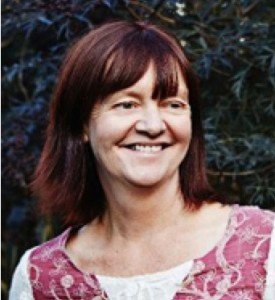 A manifesto for self-publishing authors
A manifesto for self-publishing authors 50 Shades of self-publishers: Fame and fortune through publishing yourself online
50 Shades of self-publishers: Fame and fortune through publishing yourself online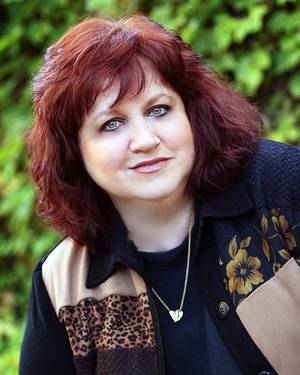 Is self-publishing the new black?
Is self-publishing the new black? Staying positive about publishing
Staying positive about publishing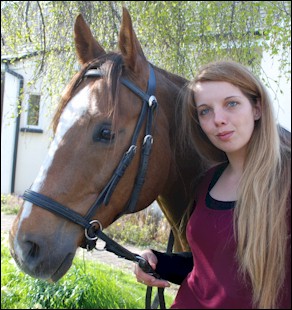 How I got a publishing deal - An interview with author, Rachel North
How I got a publishing deal - An interview with author, Rachel North How I got a publishing deal - An interview with author, Francis Sookraj
How I got a publishing deal - An interview with author, Francis Sookraj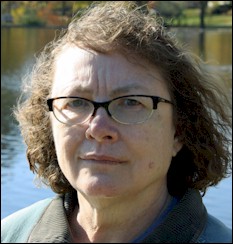 How I got a publishing deal - An interview with author, Christine McAteer
How I got a publishing deal - An interview with author, Christine McAteer When the Sharing Economy Comes to Publishing
When the Sharing Economy Comes to Publishing Want to Succeed in Self-Publishing? Have a Plan: Tips from an Indie Author
Want to Succeed in Self-Publishing? Have a Plan: Tips from an Indie Author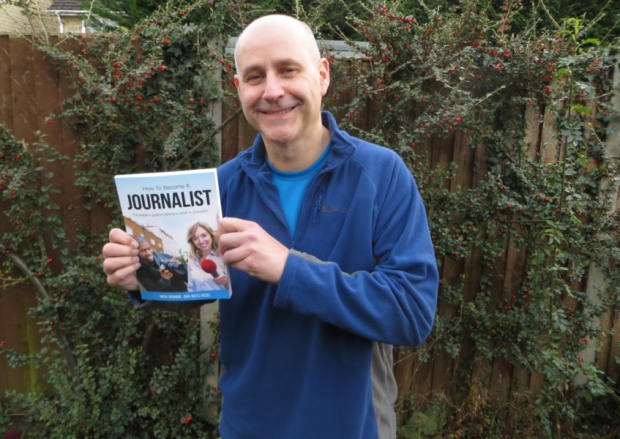 Melton Times reporter Nick Rennie shares the secrets of writing and self-publishing your own book
Melton Times reporter Nick Rennie shares the secrets of writing and self-publishing your own book How to get a job in digital publishing
How to get a job in digital publishing Thinking Of Publishing A Book? Here Are Three Things You Need To Know
Thinking Of Publishing A Book? Here Are Three Things You Need To Know Want to Succeed in Self-Publishing? Be Realistic: Tips from an Indie Author
Want to Succeed in Self-Publishing? Be Realistic: Tips from an Indie Author New Literary Agent Listing: Gabrielle Demblon
New Literary Agent Listing: Gabrielle Demblon Reading Force is delighted to welcome submissions from adults, children and young people to its 2025 Memoir Writing Competition
Reading Force is delighted to welcome submissions from adults, children and young people to its 2025 Memoir Writing Competition New Publisher Listing: Cicada
New Publisher Listing: Cicada Calling all aspiring authors! Here's your chance to win a one-to-one session with a literary agent - plus £1,500
Calling all aspiring authors! Here's your chance to win a one-to-one session with a literary agent - plus £1,500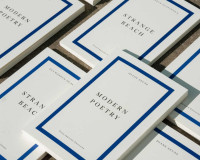 New prize for translated poetry aims to tap into boom for international-language writing
New prize for translated poetry aims to tap into boom for international-language writing New Literary Agent Listing: Kaylyn Aldridge
New Literary Agent Listing: Kaylyn Aldridge TikTok parent ByteDance is shutting down its short-lived book publisher
TikTok parent ByteDance is shutting down its short-lived book publisher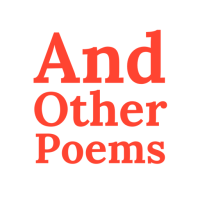 New Magazine Listing: And Other Poems
New Magazine Listing: And Other Poems New Literary Agent Listing: Helen Lane
New Literary Agent Listing: Helen Lane UK audiobook revenue up by almost a third last year
UK audiobook revenue up by almost a third last year New Publisher Listing: Radio Society of Great Britain
New Publisher Listing: Radio Society of Great Britain New Magazine Listing: Emerge Literary Journal
New Magazine Listing: Emerge Literary Journal New Literary Agency Listing: Ghosh Literary
New Literary Agency Listing: Ghosh Literary New Publisher Listing: Hardie Grant
New Publisher Listing: Hardie Grant
